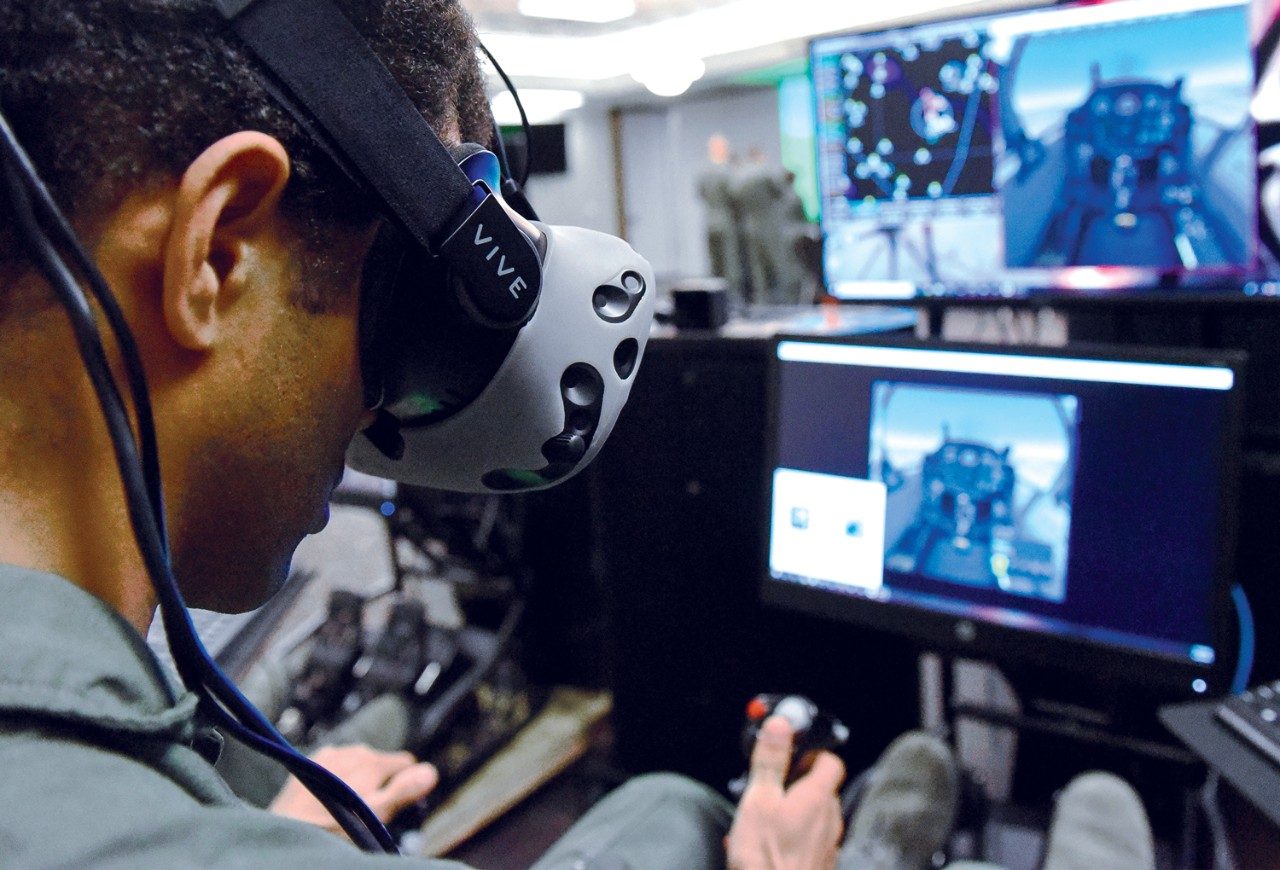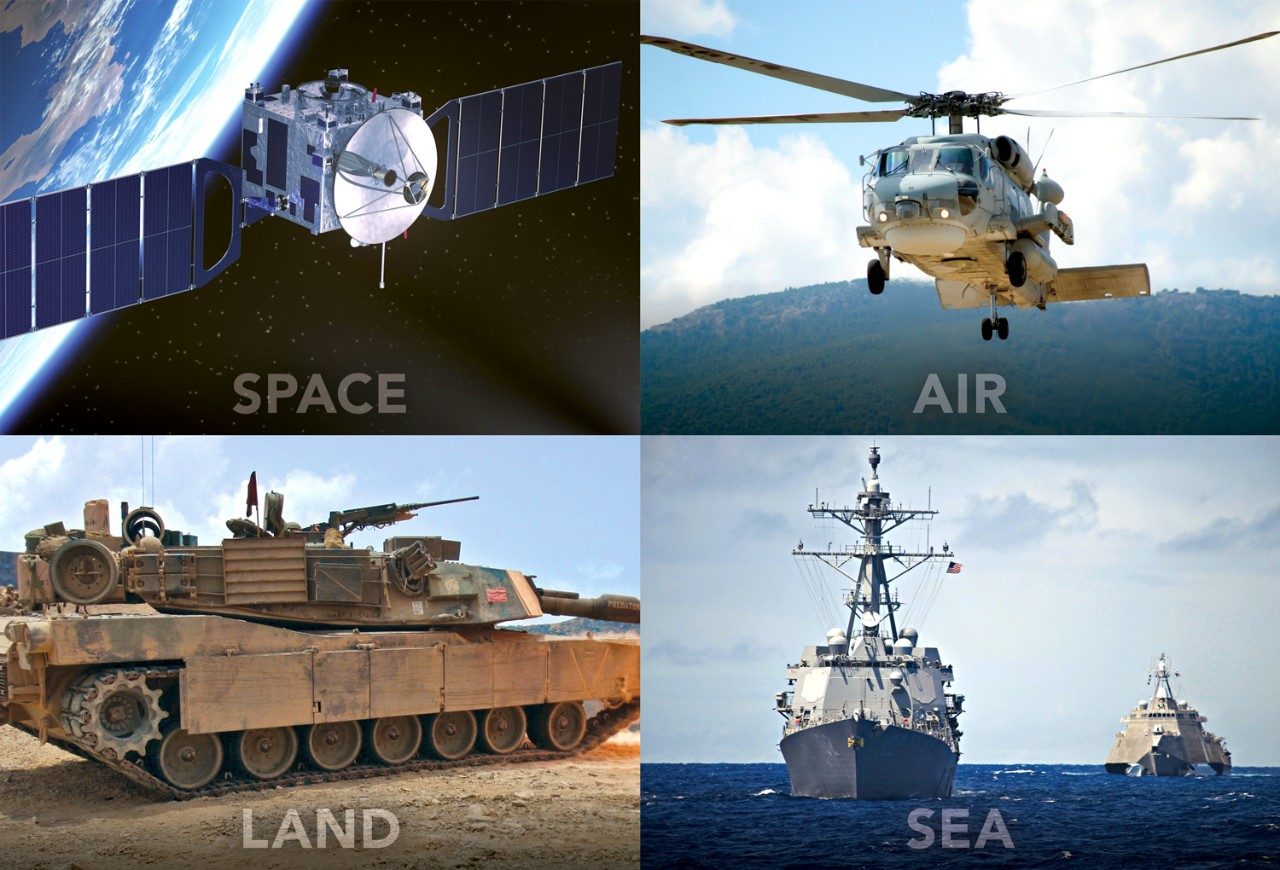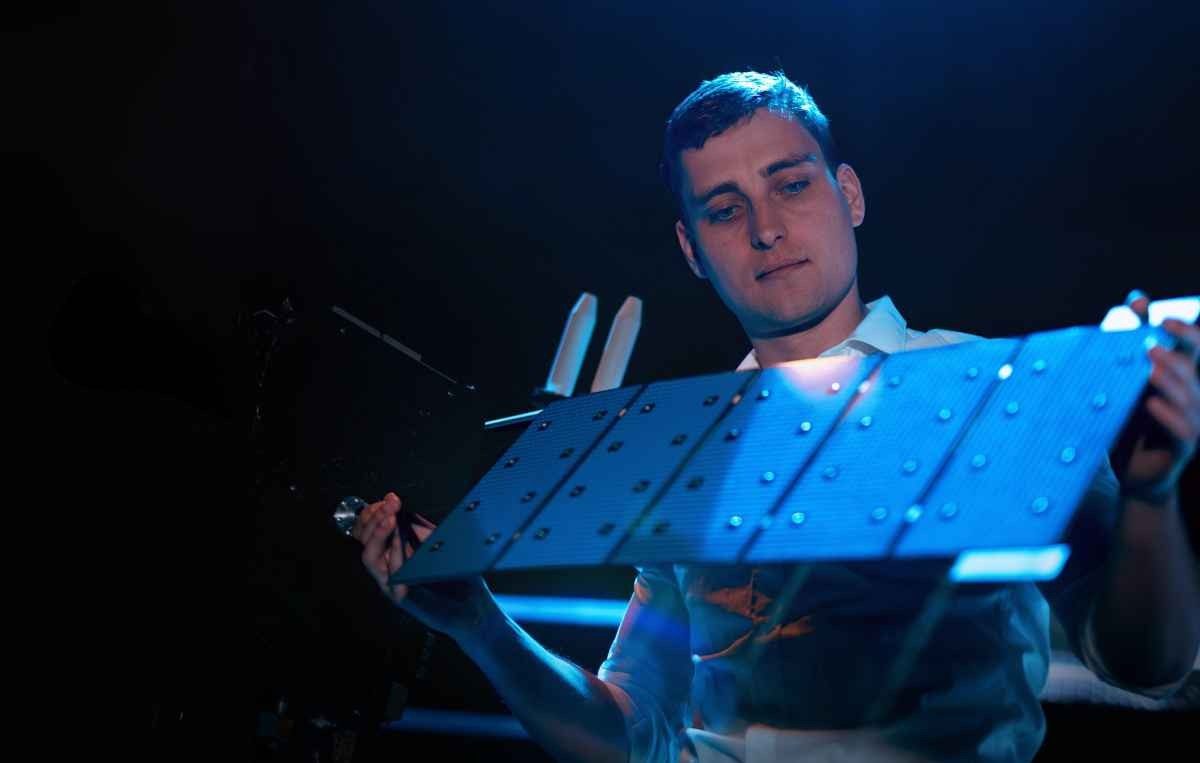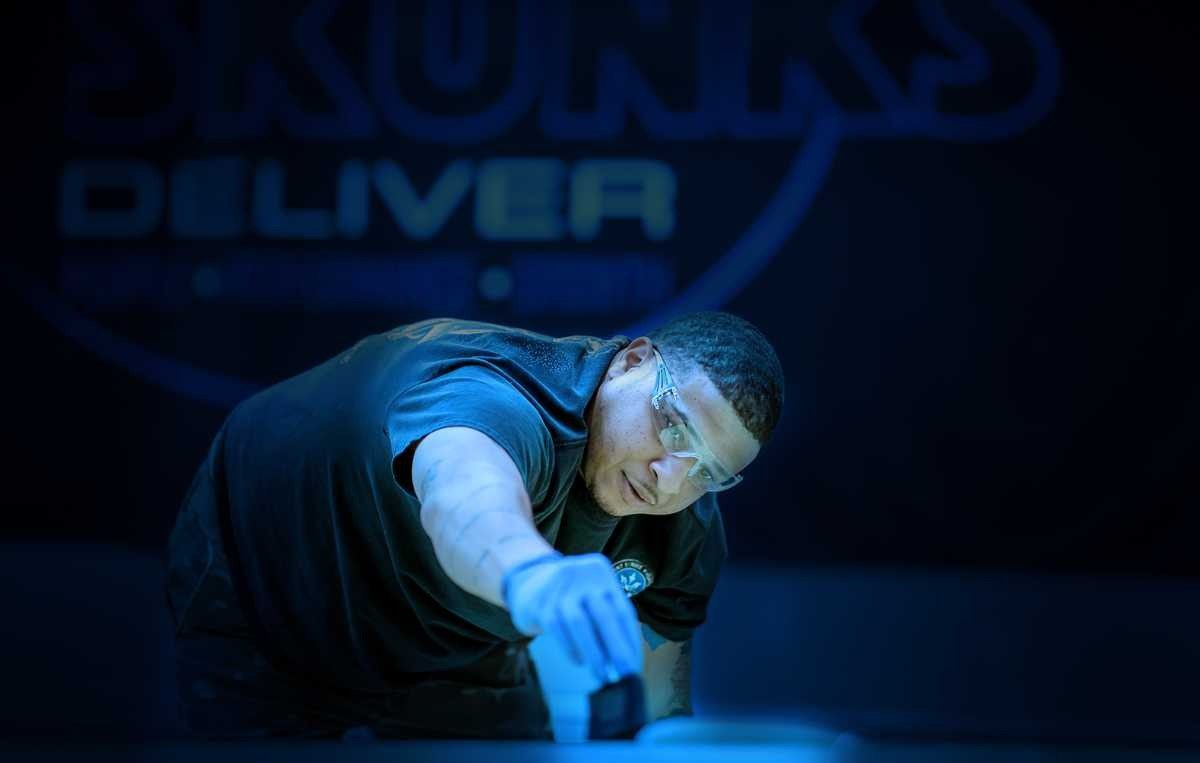Galvanic Vestibular Stimulation (GVS)
for Enhanced Training and Immersion
Galvanic Vestibular Stimulation (GVS) is the application of low-level current to the inner ear, via electrodes placed on the head. By stimulating the inner ear can make someone feel like they are moving even when they aren’t.
We often focus on improving the machine in order to boost overall human-machine performance. But our GVS work aims to directly augment the human by targeting the vestibular system, a primary sensory system that impacts performance in most motion-based tasks: flying, driving, balance, agility, etc.

Enhance Simulator Training by Adding Motion Cues
Increases fidelity and immersion while remaining low cost and portable. Decreases simulator sickness and enables simulation of extreme motions while safely on the ground.

Decrease Perception of Motion During Real-world Movements
Use “equal and opposite” GVS to decrease actual motion perceptions to minimize counterproductive or distracting motion cues and maximize performance across a variety of operational domains.

Enhanced Sensorimotor Training and Retention
Applying noisy GVS (nGVS) quickens learning of challenging physical mobility tasks. When the nGVS is removed, improved performance is maintained.

Potential Future Applications of GVS
- Training and operations in sim and while inmoving environments
- Mitigation of unwanted illusions from centrifuge and motion-based flight training regimens
- Human space flight analog, post-flight vestibular disorientation mitigation
- Commercial travel, autonomous car market
For More Information
We're engineering a better tomorrow.
Your individual skills play a critical role in changing the way the world works and helping us develop products that make it a safer place to achieve your goals. Our teams are made up of diverse employees from a wide range of disciplines and backgrounds, working together to tackle complex challenges and push the boundaries of innovation.
Explore our skill areas to find the right opportunity for you.






